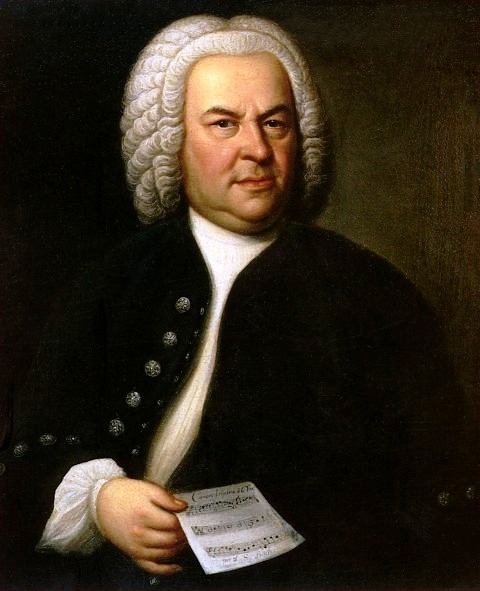da Cantata del caffè
Origine: Citato in Andrew Weil e Winifred Rosen, Dal cioccolato alla morfina. Tutto quello che dovete sapere sulle sostanze che alterano la mente, traduzione di Fabio Bernabei, Arcana, Roma, 2007, p. 54.
Johann Sebastian Bach frasi celebri
Johann Sebastian Bach: Frasi in inglese

“Where there is devotional music, God with his grace is always present.”
Bei einer andächtigen Musik ist allezeit Gott mit seiner Gnaden Gegenwart.
Annotation in a copy of the Calov Bible, cited from John Butt (ed.) The Cambridge Companion to Bach (Cambridge: Cambridge University Press, 1997), p. 256; translation from ibid., p. 46
Variante: The final aim and reason of all music is nothing other than the glorification of God and the refreshment of the spirit.
Variante: There's nothing remarkable about it. All one has to do is hit the right keys at the right time and the instrument plays itself.
Quoted in Ludwig Prautzsch Bibel und Symbol in den Werken Bachs, p. 7 http://books.google.co.uk/books?id=xaG9peANY9kC&pg=PA7&dq=teuflisches+%22Finis+und+Endursache+anders+nicht,+als+nur+zu+Gottes+Ehre+%22;translation from Albert Schweitzer (trans. Ernest Newman) J. S. Bach (New York: Dover, 1966), vol. 1, p. 167
Variante: Like all music, the figured bass should have no other end and aim than the glory of God and the recreation of the soul; where this is not kept in mind there is no true music, but only an infernal clamour and ranting.
“To the glory of the most high God alone, and that my neighbour may be educated thereby.”
Dem höchsten Gott allein zu Ehren,
Dem Nächsten draus sich zu belehren.
Epigraph to the Orgelbüchlein, cited from Carl Hermann Bitter Johann Sebastian Bach (Berlin: Ferdinand Schneider, 1865), vol. 1, p. 145; translation from Rush Rhees (ed.) Ludwig Wittgenstein: Personal Recollections (Oxford: Basil Blackwell, 1981), p. 182
